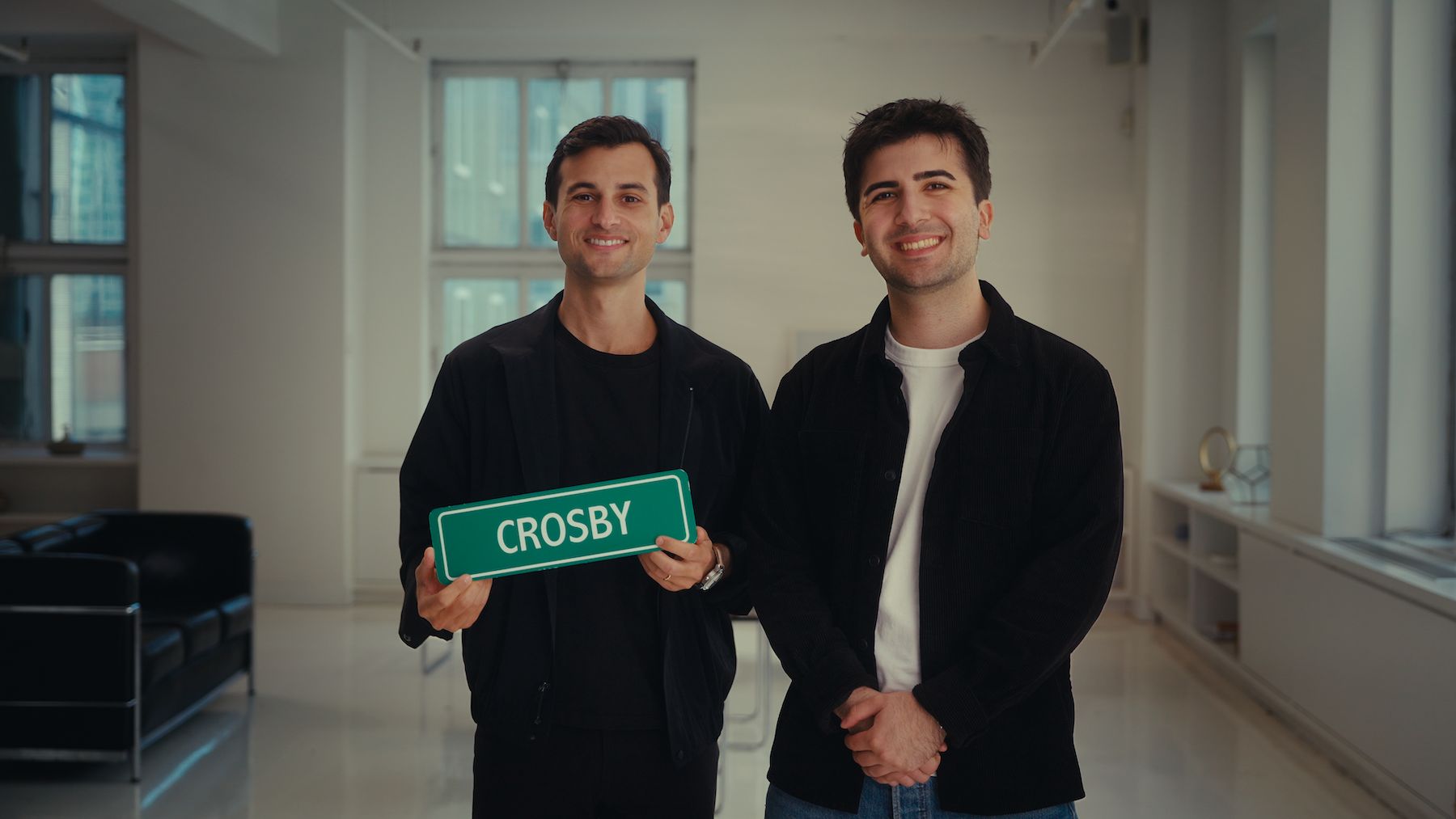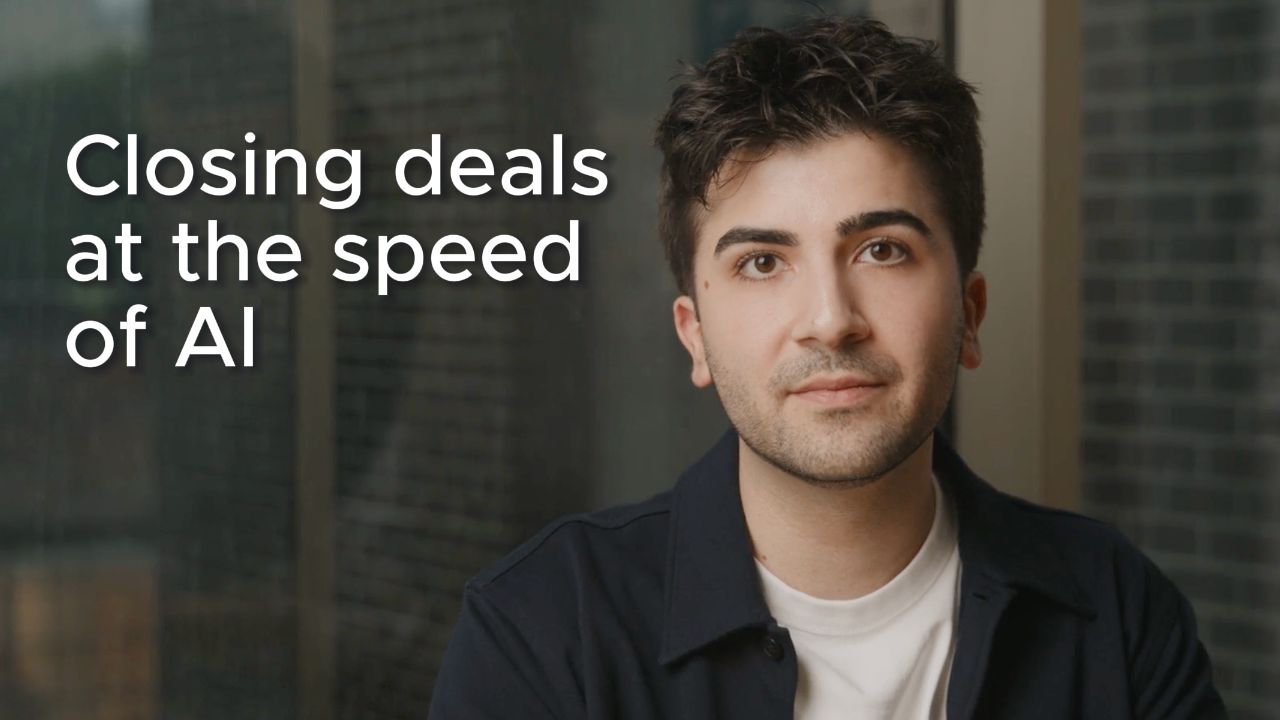Contracts at the Speed of Business: Our Investment in Crosby

Strong relationships create their own serendipity.
I first met Ryan Daniels years ago, when he was building A.Team with Raphael Ouzan. Even then, he struck me as unusually curious, intense, and thoughtful. When we reconnected later, what stood out was his ability to form lasting relationships, rooted in genuine attentiveness to people.
We had heard about his co-founder, John Sarihan, through our friends at Ramp. After joining the company as an intern, John quickly went on to conceive and launch Ramp Travel. Colleagues described him as a rare engineer—technically brilliant, but also the kind of person others want to follow.
Together, Ryan and John are asking a more radical question than most AI startups: what if, instead of building tools for an existing vertical, you rebuilt the vertical itself? In the case of Crosby, that means reimagining the law firm from first principles, designed for the speed and scale of modern business.

The economy runs on contracts. Every sale, partnership, and deal depends on one. Yet despite their central role, contracts remain one of the slowest and most costly bottlenecks in business. Legal spend typically accounts for 1-1.5% of revenue, much of it consumed by repeatable, mid-complexity work such as reviewing NDAs, MSAs, and vendor agreements.
AI can move fast, but contracts demand judgment. Crosby’s system balances that tension, with agents handling the repetitive work—such as triaging documents, flagging issues, and drafting preliminary redlines—while attorneys focus on clauses where context, risk, and strategy intersect. The machine handles repetition; the lawyer handles judgment.
The model is deceptively simple: send a contract over Slack or email, and get back redlines in the same thread—typically within 70 minutes, compared to the 24-48 hours of a traditional firm. Over time, Crosby builds a knowledge base for each customer, remembering preferences and layering in market intelligence. Every review makes the system sharper and more aligned.
Crosby is best understood not just as a legal company, but also as a revenue enablement company. Many tools sold to the “back office” eventually prove to be revenue engines: compliance tools that unlock new customer segments and finance systems that accelerate decision-making. Crosby fits that pattern. For sales and RevOps leaders, contracts aren’t abstract legal artifacts—they’re the last mile of a deal, the difference between closing this quarter or missing it.
The demand is striking. When Ryan and John attended a recent Index event, multiple portfolio companies, including Cartesia, Parallel, and others converted on the spot. You don’t need to squint to see the product-market fit.
And the system compounds. Every contract reviewed generates structured data, including which terms are accepted, which are rejected, and which consistently slow down deals. That intelligence powers Crosby’s long-term ambition: prediction and simulation. A future where, before a contract is even sent, companies can preview the likely outcome of each clause and the optimal way to position it.
We couldn’t be more thrilled to lead Crosby’s Series A. Contracts don’t just record business—they are business. And Crosby is reimagining them for the AI era: faster, smarter, and aligned with how companies actually work.
Published — Oct. 8, 2025
-

-

